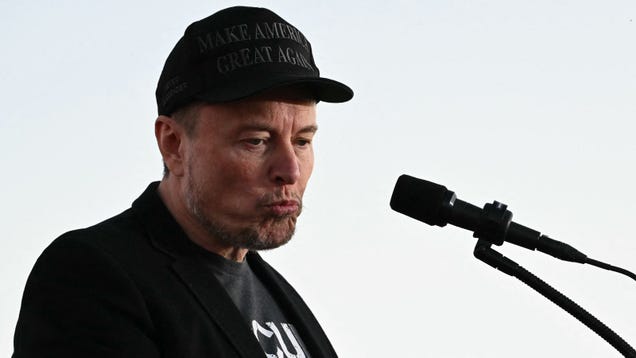The automotive industry is undergoing a transformative phase, with technological advancements, shifting consumer preferences, and economic factors all playing significant roles. As we delve into the latest developments, we will explore key trends, the impact of electric vehicles, and the evolving landscape of car ownership.
Understanding the Shift Towards Electric Vehicles
The surge in electric vehicle (EV) adoption is one of the most significant trends reshaping the automotive landscape. According to the International Energy Agency, global EV sales reached 10 million units in 2022, a remarkable increase from just 2 million in 2018. This shift is driven by several factors, including environmental concerns, government incentives, and advancements in battery technology.
Consumers are increasingly aware of the environmental impact of traditional gasoline vehicles. A study by the Pew Research Center found that 77% of Americans believe that climate change is a major threat, prompting many to consider EVs as a viable alternative. Additionally, governments worldwide are implementing policies to reduce carbon emissions, such as tax credits for EV buyers and stricter emissions regulations for manufacturers.
The Role of Technology in Automotive Innovation
Technological advancements are at the forefront of the automotive revolution. Innovations such as autonomous driving, connected vehicles, and advanced driver-assistance systems (ADAS) are changing how we think about transportation. For instance, companies like Tesla and Waymo are leading the charge in developing self-driving technology, which has the potential to reduce accidents and improve traffic flow.
Moreover, the integration of artificial intelligence (AI) and machine learning is enhancing vehicle performance and safety. A report from McKinsey & Company highlights that AI can improve predictive maintenance, leading to reduced downtime and lower repair costs for consumers. This technology not only benefits manufacturers but also enhances the overall driving experience for consumers.
Exploring the Future of Car Ownership
The traditional model of car ownership is evolving, with many consumers opting for alternatives such as car-sharing and subscription services. According to a survey by Deloitte, 43% of millennials are interested in using car-sharing services, indicating a shift in how younger generations view vehicle ownership.
This trend is further fueled by urbanization and the rising costs associated with owning a car, including insurance, maintenance, and parking fees. As cities become more congested, the convenience of on-demand transportation options is appealing to many. Companies like Zipcar and Turo are capitalizing on this shift, offering flexible solutions that cater to the needs of modern consumers.
The Economic Impact of Automotive Trends
The automotive industry is a significant contributor to the global economy, and current trends are reshaping its economic landscape. The transition to electric vehicles is expected to create millions of jobs in manufacturing, infrastructure development, and maintenance. A report from the World Economic Forum estimates that the EV market could generate up to 10 million jobs by 2030.
However, this transition also poses challenges, particularly for traditional automakers. Companies that fail to adapt to the changing market risk losing their competitive edge. For example, Ford and General Motors have announced substantial investments in EV technology, recognizing the need to pivot their business models to remain relevant.
Consumer Concerns About Electric Vehicles
While the benefits of electric vehicles are clear, consumers still have concerns that need to be addressed. Range anxiety, or the fear of running out of battery power before reaching a charging station, remains a significant barrier to EV adoption. According to a survey by AAA, 60% of Americans expressed concern about the availability of charging stations.
To alleviate these concerns, manufacturers and governments are investing in charging infrastructure. The Biden administration has allocated $7.5 billion to expand the national charging network, aiming to install 500,000 charging stations across the country by 2030. This initiative is crucial for building consumer confidence in electric vehicles and encouraging widespread adoption.
Navigating the Future of the Automotive Industry
As we look ahead, the automotive industry is poised for significant change. The convergence of technology, environmental awareness, and shifting consumer preferences will continue to shape the landscape. For consumers, this means more choices, improved safety, and a greater emphasis on sustainability.
Automakers must remain agile, embracing innovation and adapting to the evolving market. By prioritizing consumer needs and investing in sustainable practices, the industry can navigate the challenges ahead and emerge stronger than ever.
In summary, the automotive industry is at a crossroads, with electric vehicles, technological advancements, and changing consumer behaviors driving its evolution. By understanding these trends and addressing consumer concerns, stakeholders can position themselves for success in this dynamic environment.

